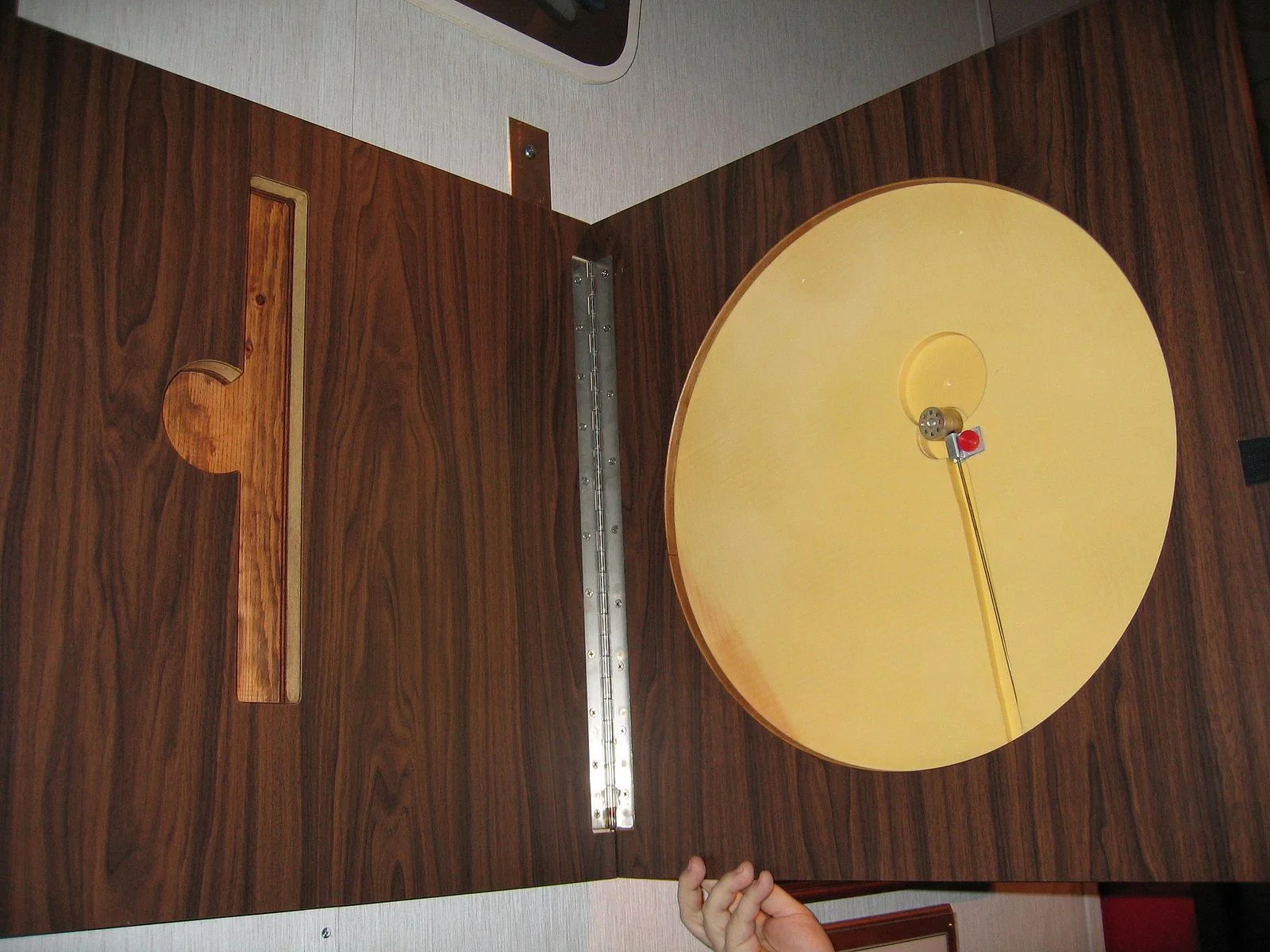Suicide Squad: Ukraine
Heroes
Before the comic book anti-heroes 'Suicide Squad', there was a real life suicide squad - three heroes who saved millions of lives in 1986.
Six days after the Lenin nuclear reactor at Chernobyl entered meltdown, a new disaster unfolded.
The burning, sinking reactor was about to reach rooms flooded with water. The resulting explosion would level 200 square kilometres, destroy Kyiv, contaminate the drinking water of 30M people, and render northern Ukraine uninhabitable for over 100 years.
Unless... somebody could drain the water. Despite the known death sentence, three volunteers - Alexei Ananenko, Valeri Bezpalov and Boris Baranov completed their mission and saved millions.
They died in agony nearly two weeks later.
Bonus Bubblegum
In the first few minutes after the initial explosion, the Geiger counters in the central control room were stuck at 3.6, a safe reading. However they were designed only to go up to 3.6. The actual reading was 15,000.
So how many people died at Chernobyl? It's difficult to say with any certainty.
Two died from the initial explosion, and our three heroes died shortly after their deed. Approximately 100 firefighters died in the months after the explosion - ignorant of the dangers. And around a dozen children died from acute thyroid cancer.
The real toll will never be known because it's difficult to attribute deaths to the disaster compared with random chance.
Sounds dangerous, right? Coal-fired power may play a less visible role in human health issues, however, it is far more dangerous than nuclear power.
In the USA alone, approximately 7,500 deaths occur each year directly from fine particle pollution from coal power stations. In China in 2011 alone, 260,000 people died prematurely due to coal-fired power. In 2011 in China, coal led to 320,000 children and 61,000 adults suffering from asthma, 36,000 babies being born with low weight, and it caused 340,000 hospital visits and 141 million days of sick leave.
Read More
Chernobyl disaster at Wikipedia
Image credit: Kscheib, used under Creative Commons Attribution-Share Alike 4.0 International Licence.







